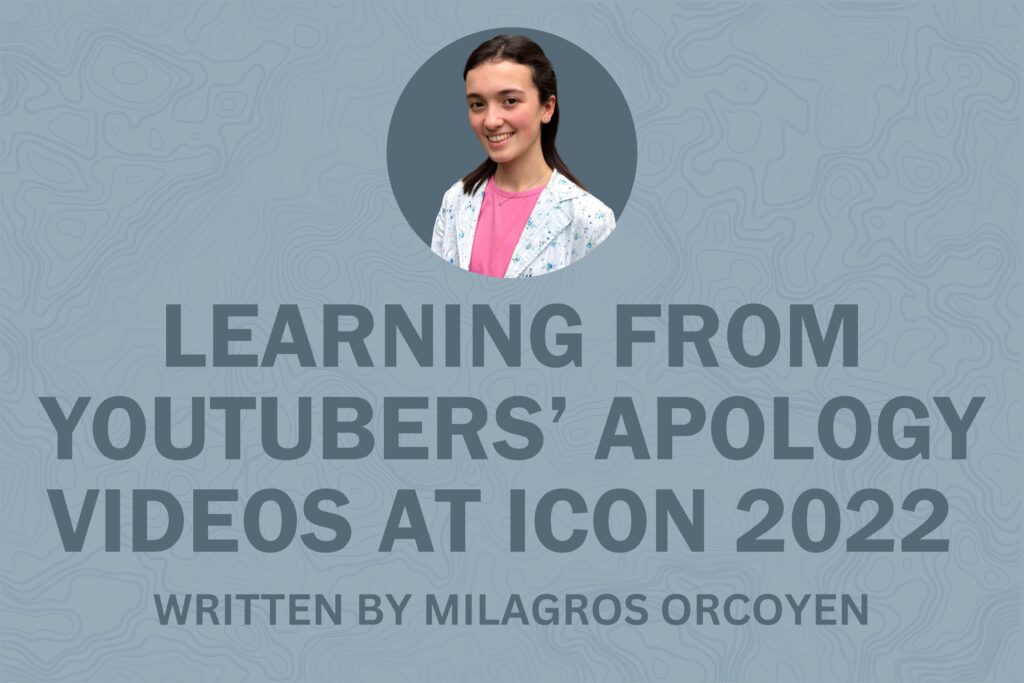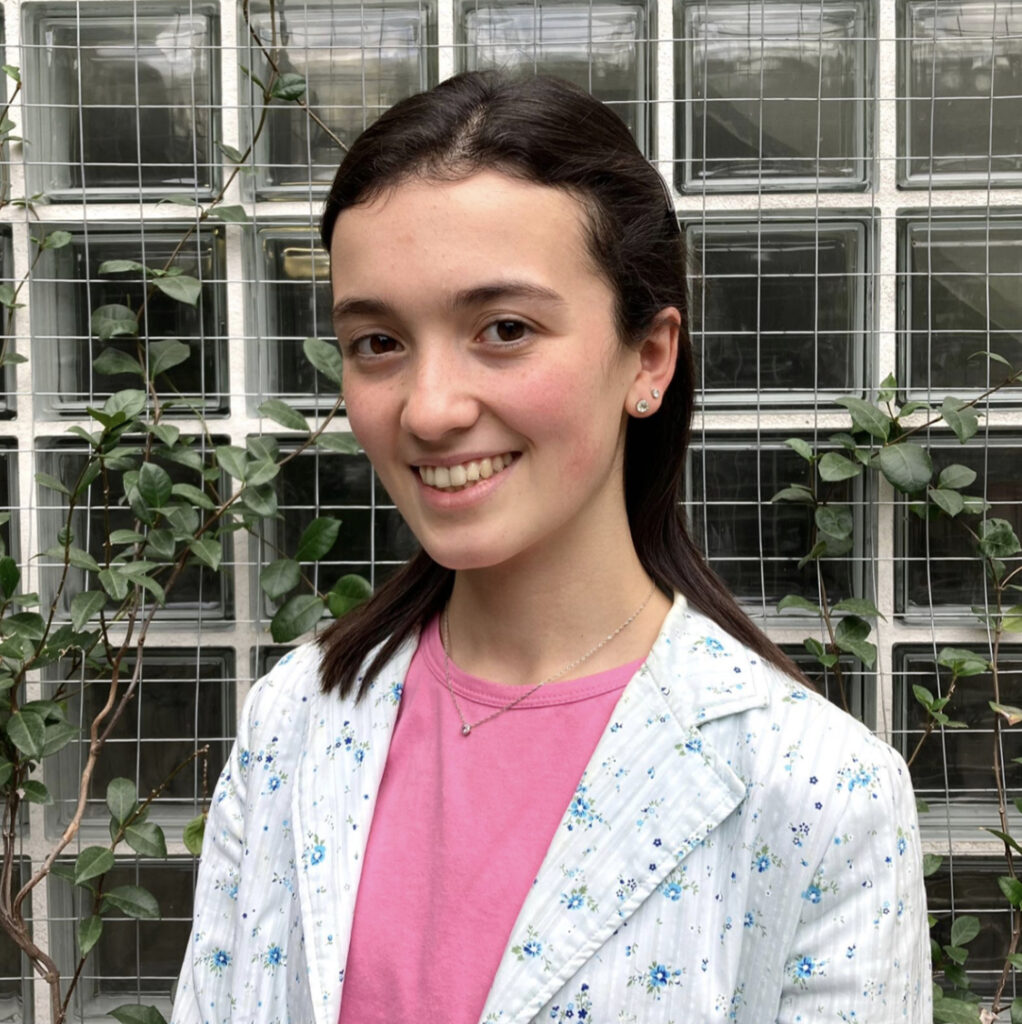Learning from YouTubers’ Apology Videos at ICON 2022

Apology videos: a new media genre where YouTubers apologize for their offensive or scandalous behaviors. James Charles, PewDiePie, David Dobrik, Logan Paul, Jeffree Star are a few celebrities whose apology videos you’ve likely seen, but have you analyzed them from a PR and crisis communication perspective?
Anne Marie Mitchell, associate professor in the Communication Department at Columbia College Chicago, worked with social media expert Dr. Grace Choi to conduct a two-part study that examined the message construction, strategies, sincerity, and forgiveness of YouTubers’ apology videos.
At PRSSA 2022 ICON, Anne Marie gave an amazing presentation about their findings from their study. Here are some key takeaways from the session:
- According to Benoit’s image repair theory (IRT), there are five broad categories of strategies a sender can use to combat threats to reputation. Youtubers’ apology videos can be examined on the basis of this theory.
- Denial: reject the charge, deny it occurred, and/or shift the blame.
- Reducing offensiveness: rely on the strength of reputation to seek goodwill, minimize negative feelings toward the act, differentiate the act from more offensive actions, put the act in a more favorable light, attack the accusers, and/or offer compensation to the victims.
- Evading responsibility: position the act as a reasonable response to provocation, claim lack of control over a situation, position the act as an accident, and/or claim that it was done with good intentions.
- Corrective action: correct the problem.
- Mortification: confess and beg forgiveness.
- IRT is still being used today. Still, it’s also important to examine different aspects when analyzing a crisis response, such as the choice of media, genre, and interpersonal messaging (lighting, clothing, make-up, etc.).
- Social media plays an essential role in crisis communication. Apologists can directly communicate with their audience without relying on traditional media; however, it’s important to keep in mind that each platform is different and, therefore, should be used differently.
Some study findings:
- The image repair strategy YouTubers utilized the most was mortification. The least utilized was denial.
- YouTubers who made apology videos were mostly males, white, and adults.
- Male viewers were more likely to forgive YouTubers who apologized. This might signal a possible tendency to identify positively with members of one’s own gender since they appear to be more similar and approachable.
- YouTubers were hyper-aware that they were being judged, not only by their message, but also by their look. They tried to portray themselves as naturally as possible (wore home clothes, didn’t wear make-up, used natural lighting, recorded the video in their bedroom, etc.). They also did some subliminal digital edits to their videos.
- On average, YouTubers said “I’m sorry” within the first three minutes and repeated the phrase four times per video. YouTubers who overused “sorry” could find themselves more in trouble than before since an exaggerated repetition of the word may cause a loss of their credibility. The key is to balance not saying “sorry” too many times while also making sure to say it enough.
- Subscribers’ loyalty is real. They were more likely to forgive YouTubers who apologized.
Social media has transformed the way we can communicate with our publics, and Anne Marie’s thought-provoking presentation emphasized this. As future public relations professionals, it’s important to be proactive and curious about our ever-evolving industry.
Anne Marie Mitchell and Grace Choi’s full article, “So sorry, now please watch: Identifying image repair strategies, sincerity and forgiveness in YouTubers’ apology videos”, can be found in Volume 48, Issue 4 of the Public Relations Review.
Milagros Orcoyen, 2022-2023 vice president of events and fundraising, is a sophomore at Universidad Argentina de la Empresa (UADE) in Buenos Aires, Argentina. She is studying public relations and communication science.
In addition to PRSSA, Milagros volunteers as a member of the communications department at GEO — a sustainable development center at Universidad de Buenos Aires (UBA) — and holds the position of writer at The Jane Goodall Institute Argentina.
Milagros is also the executive social media director & videocast host at The Business Takeaway, a student-led company based in Lincoln, Nebraska that specializes in creating videocasts to interview professionals in the advertising, marketing, and public relations industries. You can connect with Milagros on LinkedIn.

